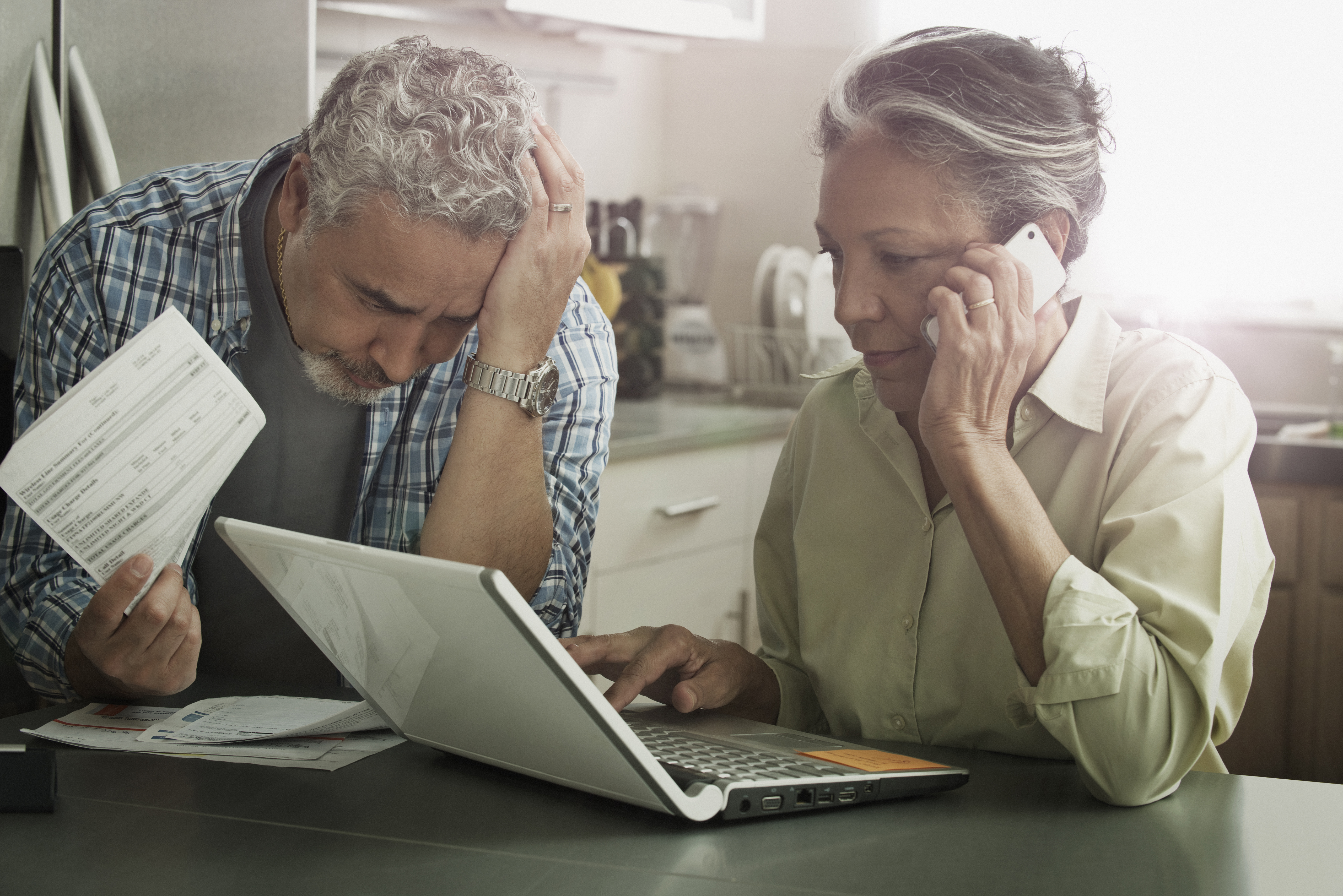AARP Hearing Center

NYers Who Lost Income from Economic Downturn Protected from Loss of Electric, Telephone and Water Service
ALBANY, N.Y. – AARP New York and the Public Utility Law Project today praised state lawmakers for passing a bill (S.8113A-Parker/A.10521-Mosley) to prohibit utilities from shutting off service to customers who have been unable to pay their utility bills because they lost their income due to the coronavirus pandemic.
In normal times, nearly a million New York households cannot pay their utility bills, and about a quarter of them may be at risk of having their electric, telephone or water service disconnected.
Those numbers could double during the COVID-19 health pandemic – and with a forecast of yet another record-breaking hot summer and the pandemic continuing, vulnerable households must be able to stay safe inside with air conditioning to avoid heat stroke and telephone or Internet service for homeschooling, job hunting or telehealth.
The bill passed by the State Senate and Assembly would protect at-risk New Yorkers from utility shutoffs during and for up to six months after the pandemic because of their inability to pay bills due to restricted incomes and the lack of jobs. Keeping older New Yorkers, disabled, low-income and “newly low-income” residents safe is vital.
“As we all know, ‘stay safe, stay inside’ is key to stopping the spread of COVID-19, yet consumers without power, water or telephone service cannot safely stay in their homes or call for medical or other help in this crisis,” said AARP New York State Director Beth Finkel. “AARP New York applauds the passage of this legislation to provide a safe space for the millions of economically ravaged consumers to get their feet under them at the end of the pandemic and begin repairing their finances before being subjected to collection activity. We urge Governor Cuomo to sign the bill into law.”
“This bill speaks deeply to our values as New Yorkers – we do not hesitate to take action to avert the disparate impacts upon seniors and medically fragile households, low-income households and communities of color, that is a hallmark of the rampant coronavirus pandemic,” said Richard Berkley, Executive Director of the Public Utility Law Project of New York. “The COVID-19 pandemic has triggered the fastest and deepest loss of jobs and economic activity in New York since the Great Depression, and the State Legislature’s commonsense actions in passing this legislation will save lives and prevent millions of New Yorkers from suffering even greater economic harm during this crisis.”
“We congratulate the State Legislature for passing this vital legislation, and we stand beside them to fight for other actions that will protect New York utility consumers.”
Contact: Erik Kriss, ekriss@aarp.org
Follow AARP New York on Twitter: @AARPNY and Facebook: AARP New York
Follow PULP on Twitter: @UtilityProject and Facebook: UtilityProject
AARP is the nation’s largest nonprofit, nonpartisan organization dedicated to empowering Americans 50 and older to choose how they live as they age. With nearly 38 million members and offices in every state, the District of Columbia, Puerto Rico, and the U.S. Virgin Islands, AARP works to strengthen communities and advocate for what matters most to families with a focus on health security, financial stability and personal fulfillment. AARP also works for individuals in the marketplace by sparking new solutions and allowing carefully chosen, high-quality products and services to carry the AARP name. As a trusted source for news and information, AARP produces the world’s largest circulation publications, AARP The Magazine and AARP Bulletin. To learn more, visit www.aarp.org or follow @AARP and @AARPadvocates on social media.
The Public Utility Law Project of New York, Inc. (“PULP”) is a nonprofit public interest law firm with the mission of educating, advocating and litigating on behalf of low- and fixed-income utility consumers in matters affecting affordability, universal service, and consumer protection. Learn more at www.utilityproject.org, or www.facebook.com/utilityproject, and follow us on Twitter @utilityproject.
###































































